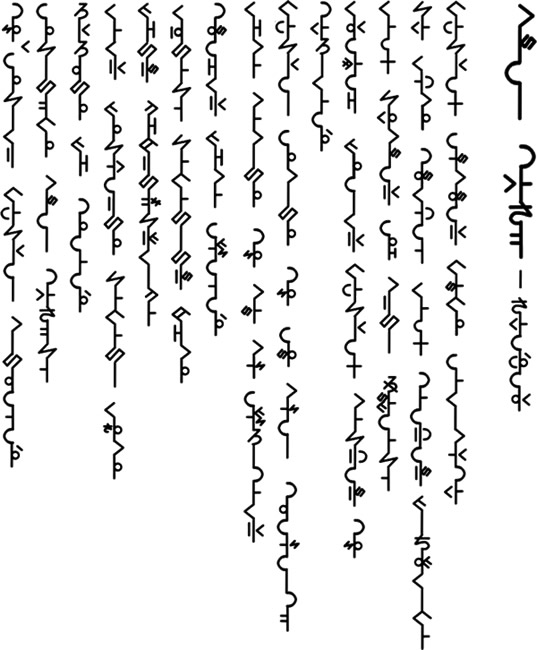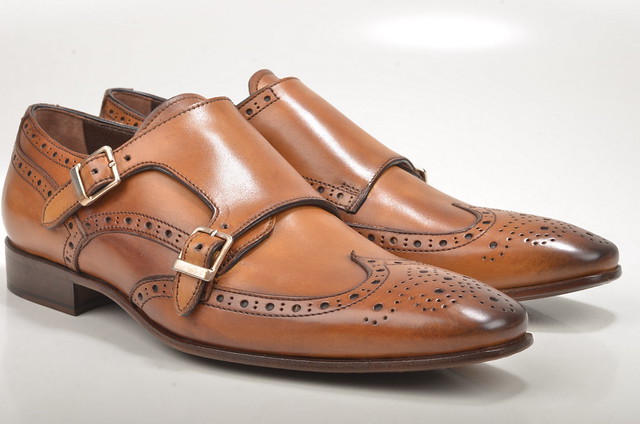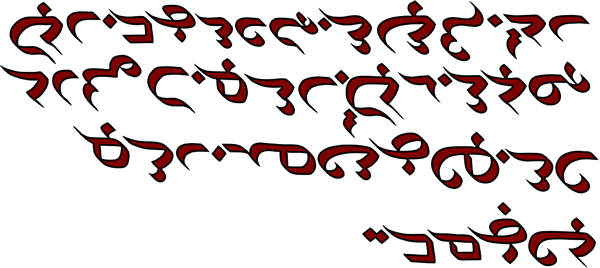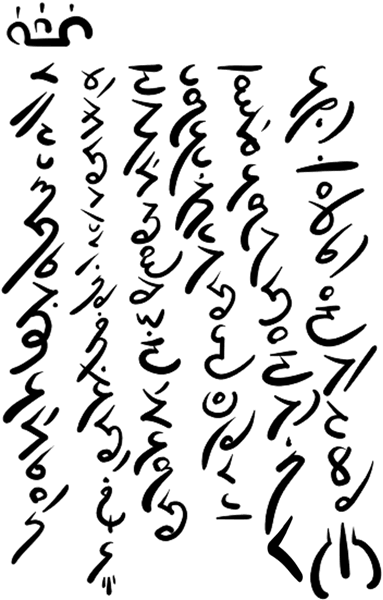Podcast: Play in new window | Download
In this Adventure we are snuffling around the origins of the word snort.
Snort [snɔɹt] means:
- The sound made by exhaling or inhaling roughly through the nose.
- to exhale roughly through the nose; to make a snort
- to inhale snuff or another snortable substance
It comes from the Middle English snorten (to snore, breathe heavily, snort), from fnorten/fnōren (to snore loudly, to snort in one’s sleep, (of a horse) to snort), from the Old English fnora (a sneeze, sneezing), from the Proto-Germanic *fnuzô, from the Proto-Indo-European *pnew- (to breathe, snort, sneeze) [source].
Words derived from snort include chortle (a joyful, somewhat muffled laugh, rather like a snorting chuckle) – a blend of chuckle and snort [source]; and snortle (a hearty laugh that is punctuated by a snort on the inhale) – a blend of snort and chortle [source].
Words from the same roots at snort include πνέω [ˈpne.o] (to blow) in Greek; niezen (to sneeze) in Dutch; sneeze, pneumonia and pneumatic in English; and fnysa (to snort, scoff, sniff, harumph) in Swedish [source].
Here’s a video I made of this information:
Video made with Doodly [afflilate link].
I also write about words, etymology and other language-related topics on the Omniglot Blog, and I explore etymological connections between Celtic languages on the Celtiadur.
You can also listen to this podcast on: Apple Podcasts, Amazon Music, Stitcher, TuneIn, Podchaser, PlayerFM or podtail.
If you would like to support this podcast, you can make a donation via PayPal or Patreon, or contribute to Omniglot in other ways.











